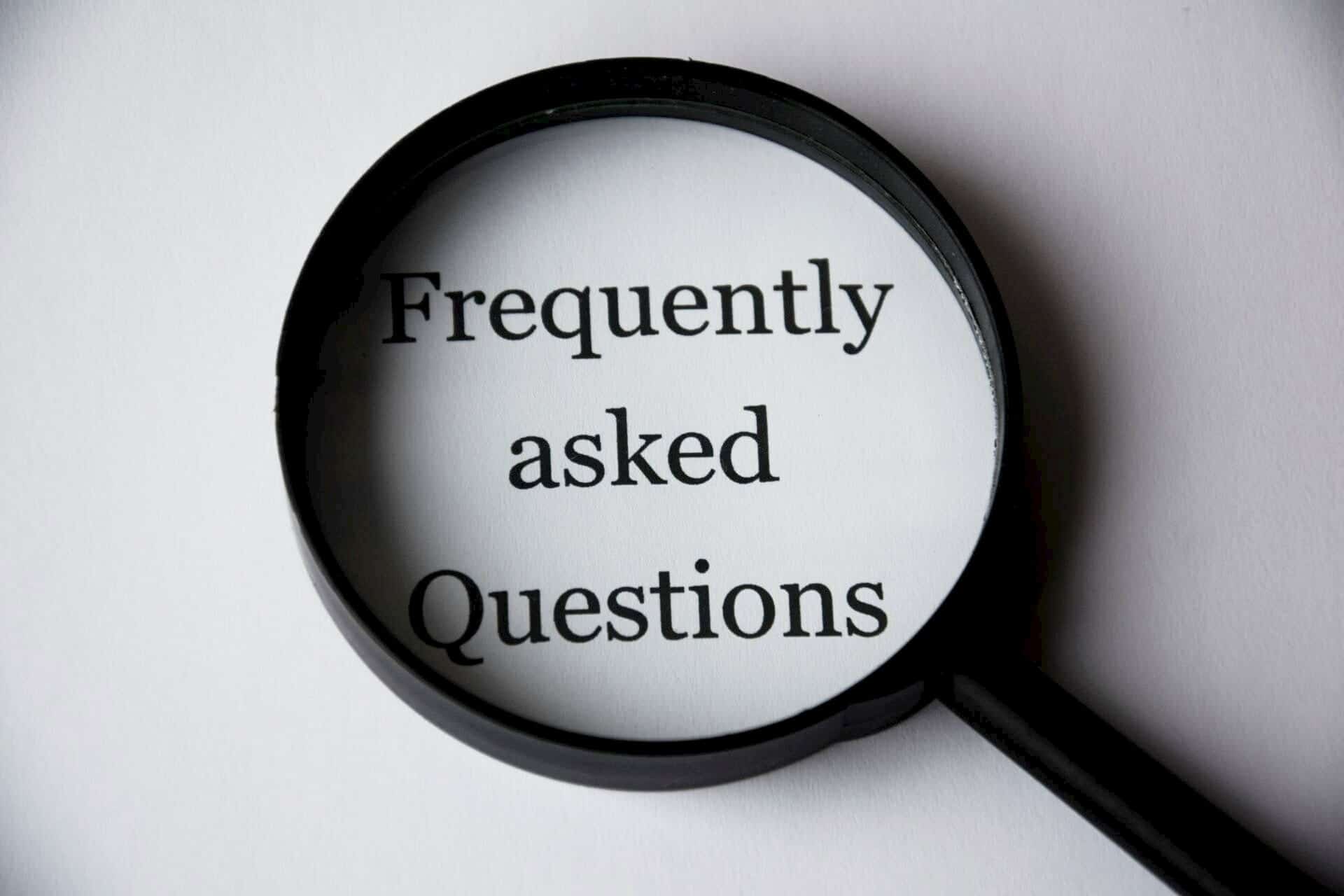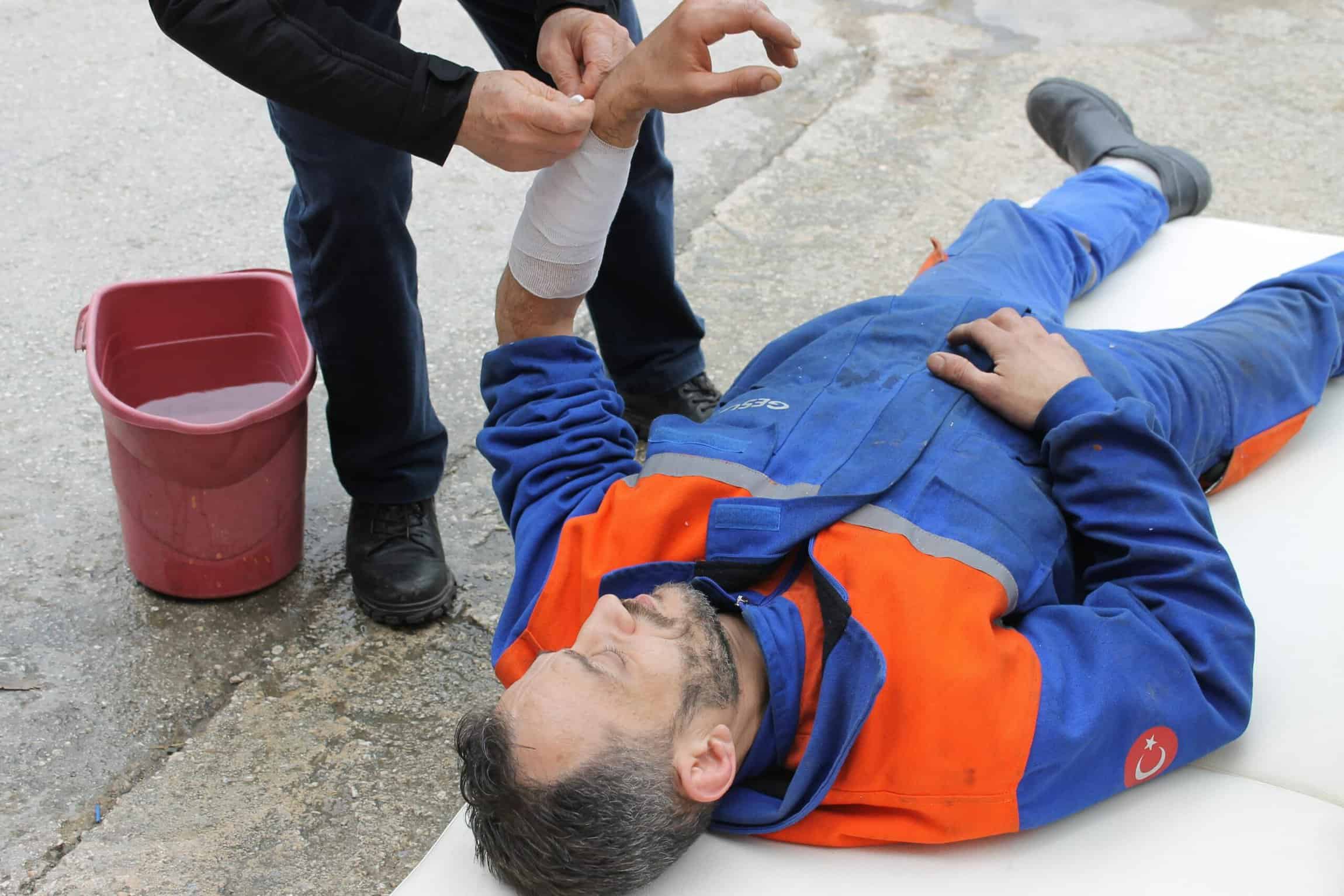When pursuing a personal injury claim in Richmond, Virginia, getting answers to your accident litigation questions may require conversing with an experienced car accident attorney. One of the most important tasks that our attorneys at Renfro & Renfro, PLLC have at the beginning of your personal injury case is to explain the accident litigation process. We believe that a client who understands the claim process in its entirety is empowered to seek justice and will feel completely satisfied with the outcome of their case.
We’ve compiled the five most frequently asked questions about accident litigation to help you understand the process of a personal injury claim and manage your expectations.
5 Most Frequently Asked Questions about Accident Litigation
1. What is the Accident Litigation Process Like?
Accident litigation refers to the legal process of seeking compensation for injuries or damages resulting from an accident caused by another person’s negligence or wrongdoing. It involves filing a lawsuit and pursuing legal action against the responsible party or parties.
The following are the general steps in an accident litigation process:
- Notifying the defendants: Your attorney will notify the at fault party and their insurance carrier that they are representing you in a claim for injuries as a result of your accident. In most instances the insurance carrier for the at-fault party will confirm they have received your attorney’s notice of representation and request documents related to your accident and medical care.
- Completing your medical care: You will need to complete your medical care, or advance far enough in your treatment that your attorney can determine if you have permanent injuries, and if so what additional medical treatment you will require in the future. During this time your attorney will be collecting your medical records and bills, interviewing witnesses and collecting any available documentation that supports your claim.
- Negotiations and settlement attempts: After your medical treatment has concluded your attorney should attempt to settle your case with the insurance company. In some instances a settlement is reached without filing a lawsuit. However, if the insurance carrier denies your claim or makes a low ball offer to try to settle your case your attorney may be required to file a lawsuit with the Court.
- Filing of the case: Your attorney will file a Complaint or Warrant in Debt with the appropriate Court. Depending on the complexity of your case this could take several weeks or months to complete and file the Complaint.
- Setting your case for trial: Your attorney will appear in Court or contact the Clerk’s office to select a trial date. Once a trial date is set, the Court will issue a Pre-Trial Scheduling Order that dictates the timeline for certain aspects of the litigation to be completed.
- Discovery and pretrial motions: During this phase, parties exchange information and evidence. Both parties also gather and analyze evidence, depose witnesses, and review documents. Your attorney will retain expert witnesses (if necessary) and speak with your doctors concerning your medical treatment and need for future medical care related to your accident. The discovery process typically lasts one year depending on when the Court sets your trial date. The discovery process concludes approximately 30 days before your trial.
- Trial: If the parties don’t reach a settlement agreement, a trial may be necessary to resolve the dispute and determine the outcome of the accident claim. During the trial, the plaintiff and the defendant present their arguments and evidence to support their positions. The judge or jury will evaluate both parties’ facts and arguments before ruling on issues like liability, fault, and damages.
- Appeals: If one of the parties is not satisfied with the trial outcome, they can choose to appeal the court decision. An appeal will further drag the outcome of the case since most appeals process often takes several months to a year or more.
2. What is the Value of My Claim?
It may be impossible to determine the value of your claim at the beginning of your case. This is because the value of personal injury cases varies based on the severity of injuries and damages one incurs after an accident. Your attorney may need to review economic and non-economic damages to estimate the claim’s worth. Economic damages include medical expenses, lost wages, diminished earning capacity and more. Non-economic damages encompass pain and suffering, emotional distress, loss of enjoyment, and impairment.
3. How Long Will My Accident Litigation Case Take?
The duration of an accident litigation case varies based on several factors, including the case’s complexity, the number of parties involved, and the willingness of both parties to settle. Considering these factors, a litigation case can take a few months to several years to settle. Generally, if the parties reach an agreement without having to file a lawsuit, the case may take about 4 to 7 months to settle. If it goes to trial, the case may take a few months to five years. Whenever our attorneys feel a case is not getting a fair and reasonable offer to settle, we advise our clients to file a lawsuit. Once you file a lawsuit, expect the case to take between 6 months and five years to get a verdict.
4. Who Will Pay for the Medical Bills Related to My Personal Injury Case?
Generally speaking, you will be responsible for paying for your medical treatment. However, the person or entity responsible for the accident that caused your injuries will be liable for the amount of your medical bills if the Court finds liability and also depending on the amount of insurance coverage available to the at fault party. The at-fault party won’t pay your medical bills until the case is settled or a verdict obtained. As you wait for the case to resolve, your own auto insurance can cover the cost of medical care if you purchased coverage for payment of medical bills. You can also use your health insurance, MedPay, or a Letter of Protection to settle your bills. Once the case is settled, your attorney will use a portion of the proceeds to reimburse your medical providers if a balance is owed.
5. How Long Do I Have to File for My Personal Injury Claim in Virginia?
In Virginia, the deadline for your to file a lawsuit (statute of limitation) for personal injury and wrongful death is generally two years. If you fail to initiate legal proceedings before the statute of limitations expires, you may lose your right to seek compensation for your injuries.
Contact an Experienced Personal Injury Attorney in the RVA
An accident litigation process is quite complicated, with several moving parts involved. Hiring an experienced personal injury lawyer can significantly improve your chances of obtaining a favorable outcome and receiving fair compensation for your losses.
At Renfro & Renfro, PLLC, our attorneys will file the necessary paperwork, negotiate with the defendant and their insurance, and pursue a lawsuit if need be. We work on a contingency basis, meaning we will only be compensated if you win the case. Call us today at (804) 601-4433 or online for a free consultation. Let our team guide you through your claim and help you receive your deserved compensation.






